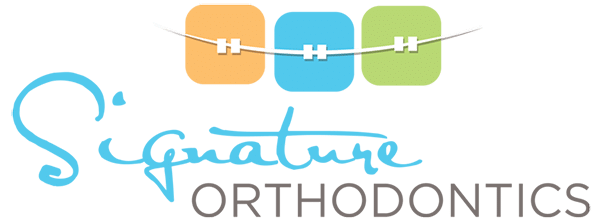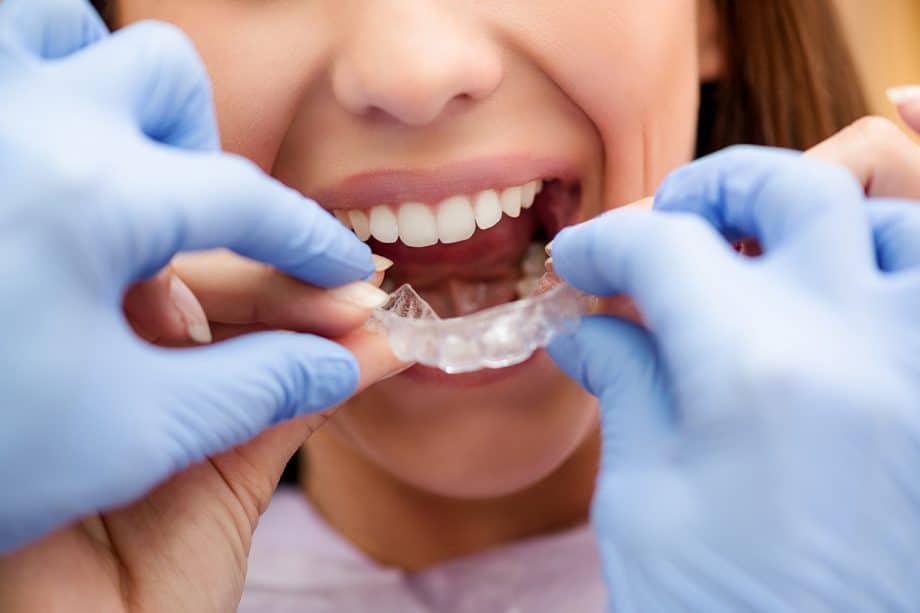Invisalign is an excellent treatment option for most patients. It’s discreet, comfortable, and convenient, so it’s no wonder so many people are opting to straighten their teeth with clear aligners rather than traditional braces! Because Invisalign works differently than traditional braces, there are some orthodontic cases where it’s simply not a fit. While this can be disappointing, we want to make sure you get the best possible outcome from your treatment, and sometimes that means getting braces.
What Invisalign Can’t Fix
Aligner therapy can accomplish a lot, especially with advances in design and materials, but it still doesn’t have the same force or ability to move teeth as orthodontic braces. While Invisalign can help in the circumstances below, it doesn’t produce the same level of results. Some issues that Invisalign can’t fix or isn’t the best fit for are:
Moving Irregularly Shaped Teeth
Whether because of wear, damage, or simply a genetic malformation, sometimes teeth take on an irregular shape. A tooth that is short, round, or pegged can interfere with Invisalign treatment by preventing your aligners from getting a good grip.
Rotating Teeth
Overcrowding can cause your teeth to become rotated. Traditional orthodontic treatment can rotate these teeth back to their appropriate positions, but Invisalign will not work on any teeth that are rotated more than 20 degrees.
Closing Large Gaps
Invisalign can close small gaps between teeth, but if you have a large gap or a number of smaller gaps, braces might be the best choice for you. Aligners will only close up to 6mm of space between the teeth.
Raising or Lowering Teeth
Invisalign has only limited abilities to raise or lower teeth. If, for example, you have an impacted tooth that must be exposed by an oral surgeon, braces are a better option for moving the tooth down into its proper position, in line with the rest of your teeth.
What Invisalign Can Fix
Now that you know what Invisalign can’t fix, let’s talk about what it can help you with:
Misaligned Teeth
Invisalign is an excellent option for straightening crooked teeth. If you only have minor misalignments to correct, your treatment may be complete in under a year.
Bite Issues
Although severe overbites may require traditional orthodontic treatment, most cases of overbite, underbite, and open bite can be treated with Invisalign.
Small Gaps
As mentioned above, large gaps are best treated with traditional braces, but if you have small gaps in your smile, Invisalign can close them.
Crowded Teeth
In many cases, Invisalign can alleviate crowding. We may need to pair Invisalign with an expander or, in severe cases, orthodontic extractions in order to accomplish this.
Orthodontic Relapse
If you’ve had braces in the past, but your teeth shifted because you didn’t wear your retainer, a short Invisalign treatment is often all that is needed to straighten your teeth again.
Learn More About Invisalign Treatment
If you’d like to learn more about Invisalign and whether it’s a fit for your needs, contact us today to schedule a consultation at Signature Orthodontics.

